
Okay, as a small business owner you’ve decided to become more responsible with maintaining your books and records… where do you start?
Expert organizer Michelle Carley offers a tip sheet –
BANK ACCOUNT STATEMENTS
request a statement with a month-end cut-off date
saves time when reconciling records with the bank statement every month
fewer checks you will need to record as outstanding
don’t file statements and canceled checks without reviewing them
review statement immediately for unauthorized checks
BE CONSISTENT
consistency is essential to successful business bookkeeping
head your columns the same way each month thru the year
will save you and your accountant time and aggravation
CASH OR ACCRUAL
cash accounting system is much simpler
IRS only allows you to use accrual method if you have $5 million in sales
or if you carry a large inventory
DEPOSIT CASH RIGHT AWAY
deposit all cash immediately at bank or credit union once it is received
ensures that all income will be properly recorded
DEPOSIT TICKET BOOKS
record your daily deposit in a deposit ticket book
come with a white (original) copy and yellow (duplicate) copy
give the white copy to the bank and leave the duplicate in the book
DO NOT OVERCATEGORIZE
most of us tend to make things harder than they need to be
don’t need separate categories for paper, pencils, printer cartridges, etc.
all these items can simply be listed under “office supplies”
DUE DATE REMINDERS
it’s a good idea to follow a payroll tax due date reminder
whether you have a payroll service or you’re preparing returns yourself
follow a check-off list of all the required payroll tax reports
include due date, type of tax, report number, government agency, period covered
also indicate if you need to submit money, a report, or both
FILING PAID INVOICES
start new file folders each year for paid invoices and paid bills
don’t need a folder for each customer or unless large volume of business
get by with a folder for all customers from A – C, D – F, and so on
FROM PAPER TO COMPUTER
you will want to run dual systems for a few months
be sure both systems have same totals before dropping the paper
KEEP AN AUDIT TRAIL
nothing more than a record of all your invoices and checks in numeric order
the thing to remember is never skip numbers
record voids in numeric order with other items, only denote as “voided”
assures no gaps in your numerical sequence and leaves a proper trail
KEEP GOOD RECORDS
bookkeeping is the glue that keeps your business together
if your records aren’t in good shape, the business could fall apart
a healthy business is monitored through its records on a regular basis
you can find problems and correct them before it’s too late
MAINTAIN DAILY RECORDS
if no time for daily bookkeeping, when will you process a month’s records?
different people use different record-keeping systems
what matters most is that you have a system and use it daily
PETTY CASH BOX
get a metal cash box to hold currency and coins
any money used is replaced by the receipt for that purchase
cash plus receipts should remain at a constant dollar amount
continue using the petty cash box until you run out of cash
replenish the box by writing a check for “cash”, expensing all the receipts
cash the check, put into the box, starting back with the same amount again
PRINTING INVOICES
if use a many invoices each month, may want to have invoices preprinted
will look more professional and you will probably get paid quicker
print invoices with perforation — tear off and return it with payment
print your name and “remit to” address on both sides of the perforation
START AT THE END
determine expense categories by looking at tax return you will file
if you file a Schedule C, get a copy of a blank Schedule C
write down all the categories that apply to your business
include those categories when you set up your bookkeeping system
STORAGE BOXES FOR EACH NEW YEAR
keep all your records for one year in one box
bank statements, checks, financial statements, paid bills and other backup
also include a copy of that year’s tax return
label with the year and contents, then store it somewhere accessible
YOU ARE TAXED ON PROFITS
many think they are taxed on all the money they take out of their business
sole proprietors taxed on the profits of the business, not the revenue
estimated income tax payments should be based on profits
————-
Content provided by OnlineOrganizing.com — offering “a world of organizing solutions!”





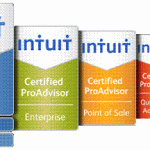


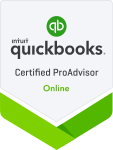
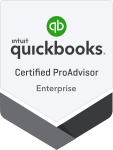
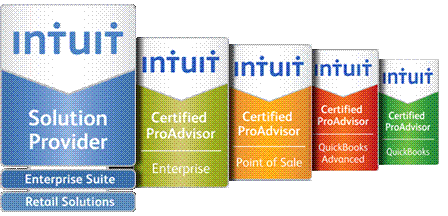
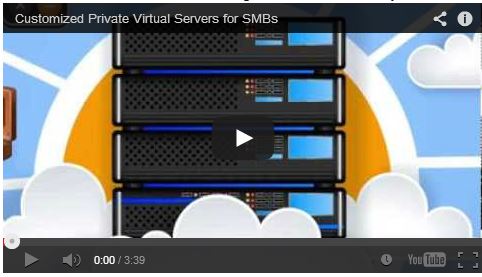
Comments on this entry are closed.